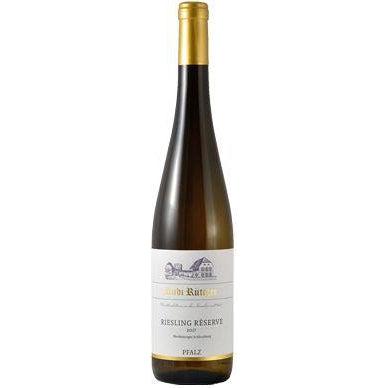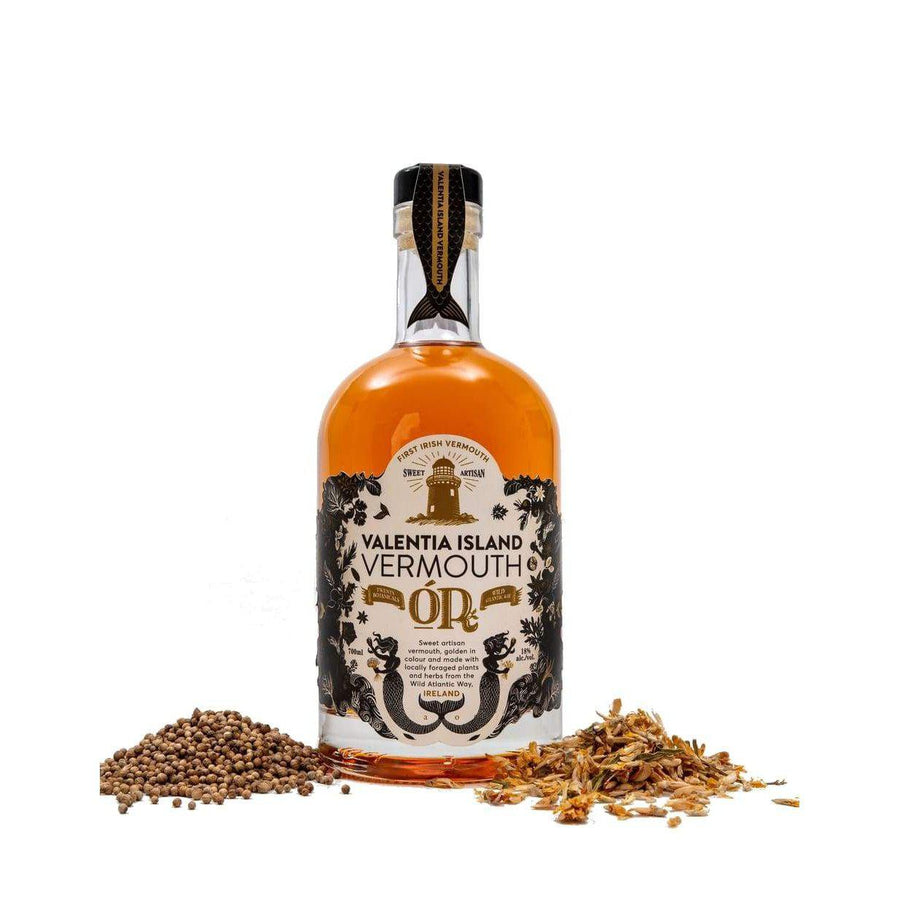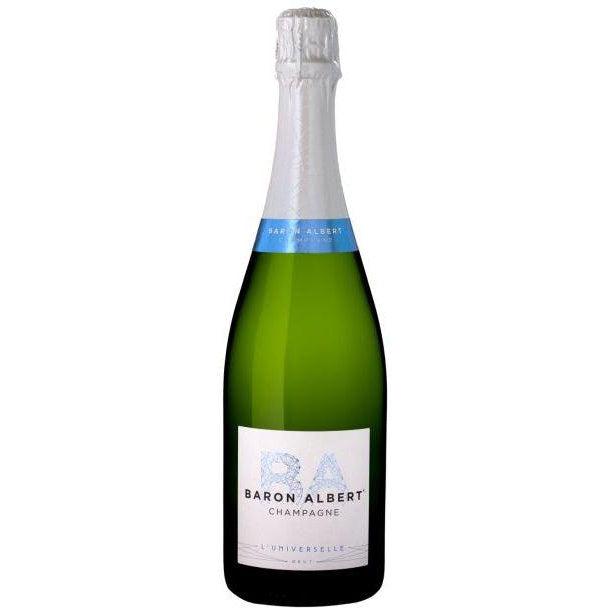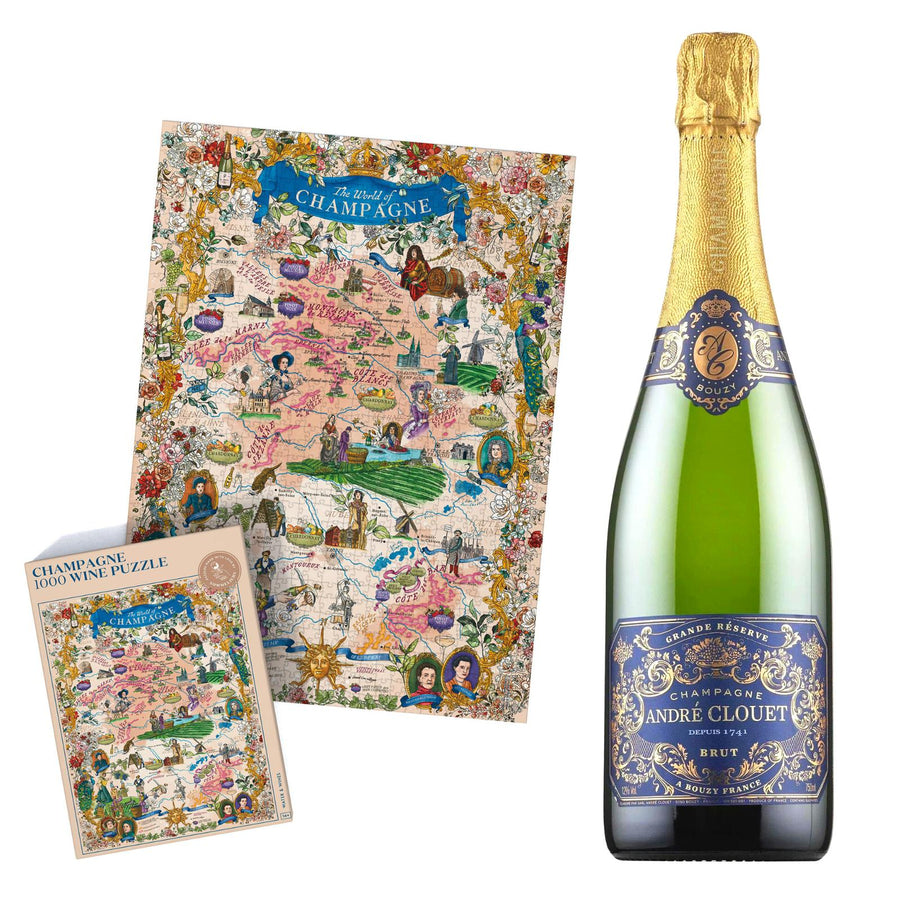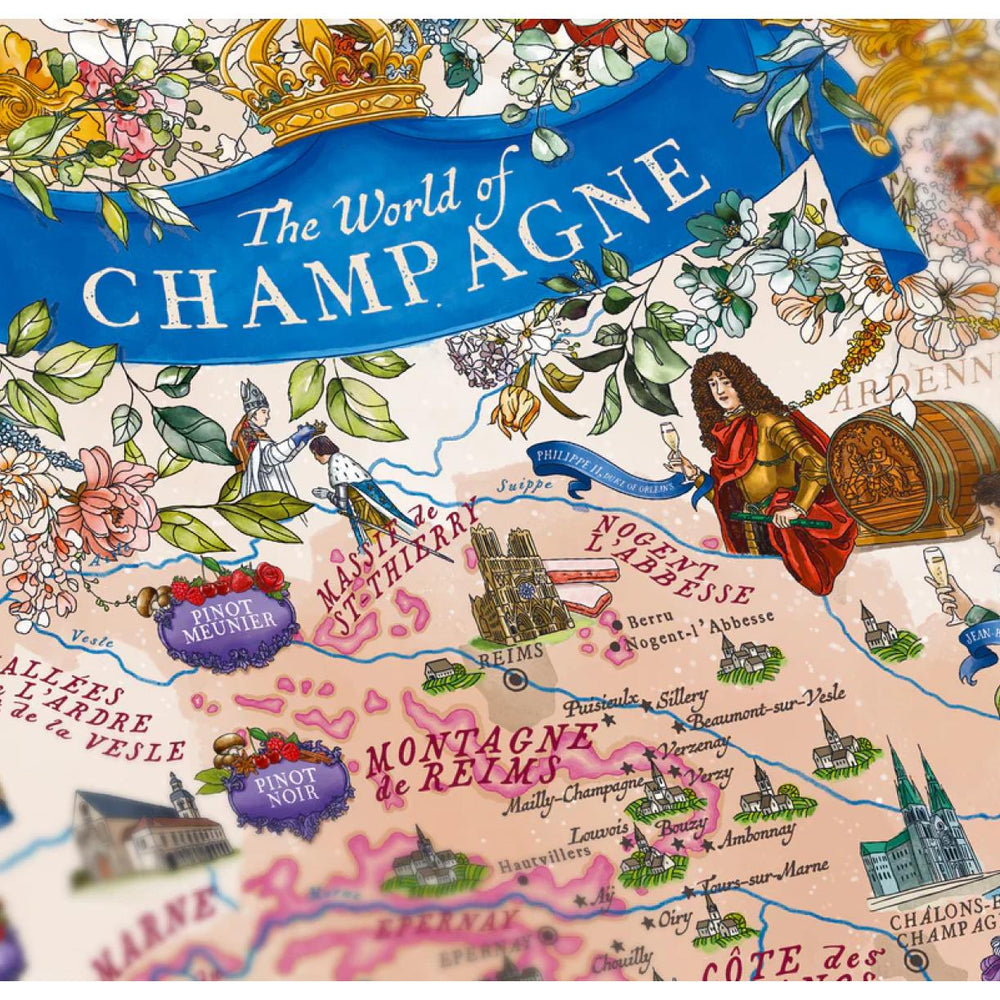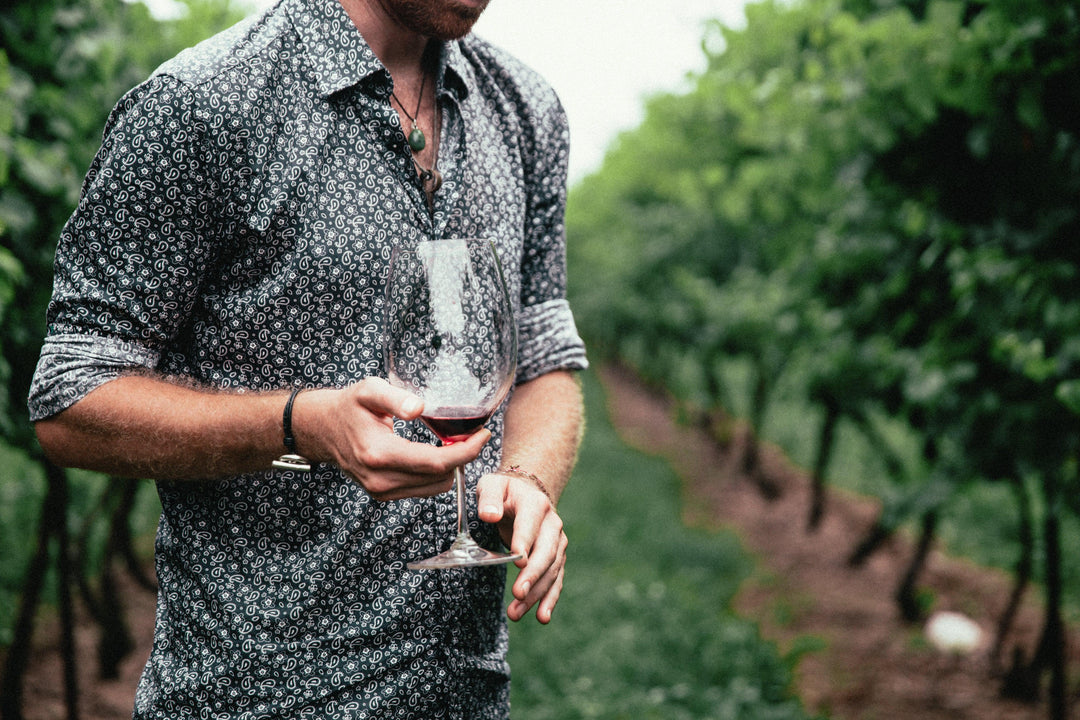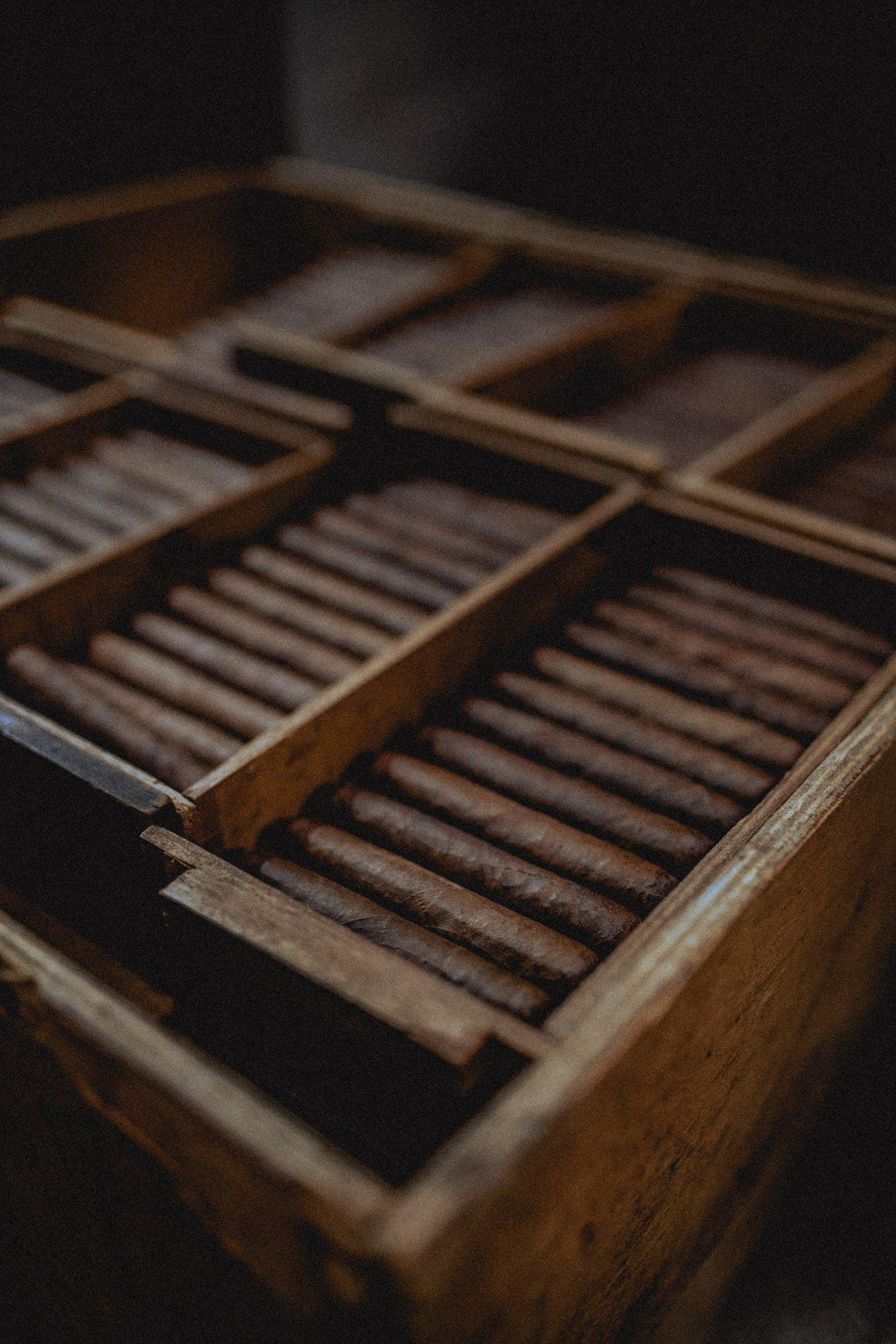
Don't wait for the grapevine
Subscribe here to receive our informative, lipsmacking newsletters.

Confirm your age
Are you 18 years old or older?
Come back when you're older
Sorry, the content of this store can't be seen by a younger audience. Come back when you're older.
Our occasional newsletters keep you informed about new arrivals, promotions, and events.



